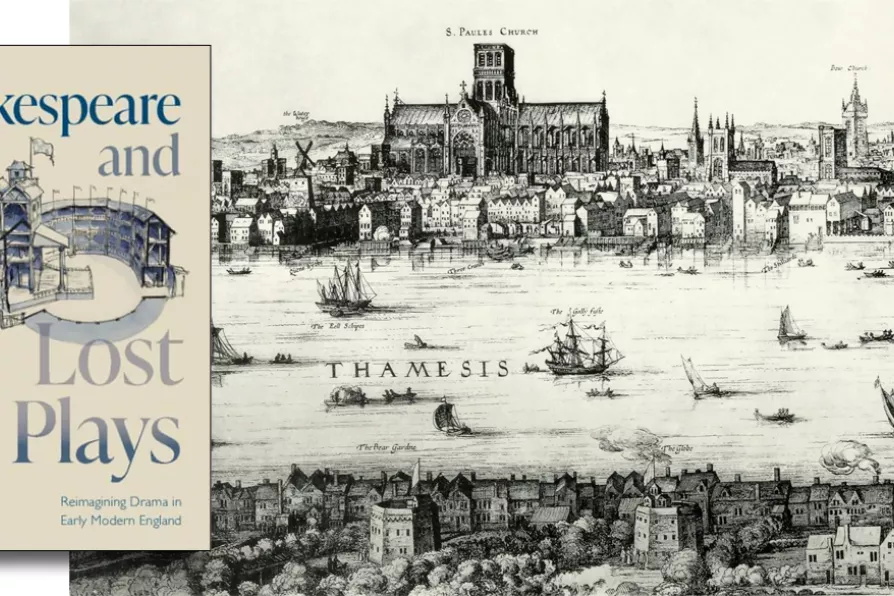RON JACOBS welcomes a timely history of the Anti Imperialist league of America, and the role that culture played in their politics

 SHAKESPEARE'S STAGES: A panorama of London by Claes Van Visscher in 1616 shows two theatres — The Bear Garden and The Globe — in the foreground
[Wikipedia]
SHAKESPEARE'S STAGES: A panorama of London by Claes Van Visscher in 1616 shows two theatres — The Bear Garden and The Globe — in the foreground
[Wikipedia]
Shakespeare and Lost Plays
by David McInnis
(Cambridge University Press, £29.99)
DESPITE extensive research, relatively little is known about Shakespeare and his work and, consequently, popular scholarship tends to focus on the language and dramaturgy of the Bard’s extant plays.
Fortunately, compared with his contemporaries, many of his plays have survived through fellow actors posthumously collecting 36 of them in the famous First Folio.
Theatre historian David McInnis recognises that rather than being an isolated artist foreseeing his world reputation, this busy working dramatist, feeding the insatiable daily theatre appetite of Elizabethan and early Jacobean audiences, must essentially have responded to the currents of popularity and fashion, as important in the 16th and 17th centuries as they are today.

GORDON PARSONS is blown away by a superb production of Rostand’s comedy of verbal panache and swordmanship

GORDON PARSONS joins a standing ovation for a brilliant production that fuses Shakespeare’s tragedy with Radiohead's music

GORDON PARSONS squirms at a production that attempts to update Shakespeare’s comedy to a tale of Premier League football











